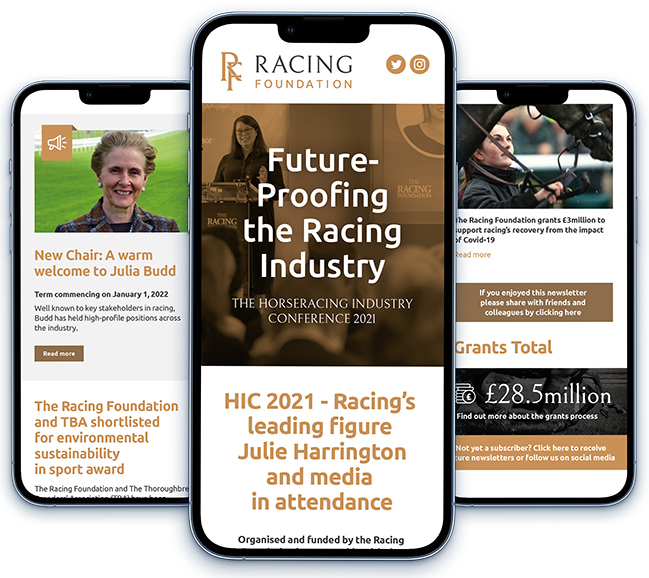


21 Jul 2022
A survey commissioned by the Racing Foundation, in association with the British Horseracing Authority (BHA), National Association of Racing Staff (NARS) and National Trainers Federation (NTF), shows a new strategic approach is essential to deal with the challenges faced with recruitment, training and retention of stable staff.
This was the third in a series of surveys carried out in 2016, 2018 and 2021 respectively. Results show that issues surrounding stable staff including vacancy rate and retention rate have not improved throughout the five year period. Indeed in many areas these issues have worsened despite significant funding in the area.
The surveys are a tool to measure the effectiveness of industry intervention. Yet key business indicators such as vacancy rate (a measure of recruitment demand), retention rate (a measure of staff churn), and hard-to-fill vacancies, alongside trainer perceptions of retention difficulties and skills gaps, indicate the scale of the challenge.
The results show that reduced levels of staff are receiving training or are satisfied with the training and development opportunities presented to them. More staff plan to leave within two years with many wanting to train for another industry. Overall job satisfaction has fallen over the course of the three surveys.
Over 458 trainers participated in the 2021 survey, representing 79% of all trainers and over 80% of all horses in training. In addition, 1,616 racing staff, equating to 21%, completed the survey to develop an overall picture of industry progress.
The Racing Foundation, alongside the Horserace Betting Levy Board and the British Horseracing Authority, have been examining how the industry can best deal with the staffing challenges highlighted, with the results of the survey set to inform the work of the soon-to-be-established People Board.
Rob Hezel, Chief Executive of the Racing Foundation, said: “This research provides the racing industry with up-to-date and comprehensive quantitative information and business intelligence to help inform future decision making.
“We remain convinced that the best chance of success in this area is to ensure a strategic approach is taken. One that considers the whole people journey and prioritises interventions that will have the greatest impact.
“Our hope is that the industry recruits experts in HR management who are provided with the right structures, support and funding. They should be made fully accountable for improvements in the indicators reported upon here.
“The 2021 survey illustrates that despite significant investment, there has been a lack of any meaningful progress since 2016. By 2023 we hope to have seen a change in the approach, resulting in improved survey results, which will be indicative of a more sustainable people journey within the industry.”
You can see the results of the survey in full by clicking here.